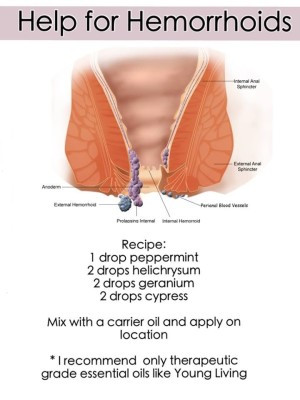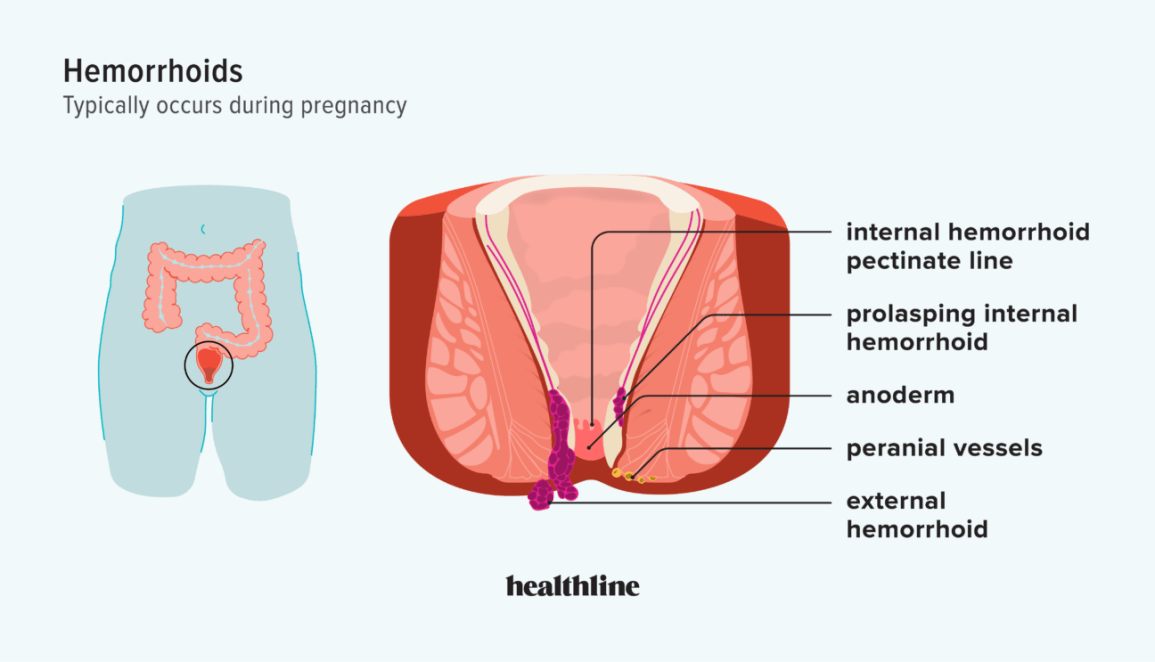
While a person suffering from hemorrhoids may not experience any symptoms at first, there are a few warning signs that a person may have this condition. The bright red blood in the toilet bowl is the most obvious sign of hemorrhoids. Other warning signs include pain and itching around the anus. The first step to treating hemorrhoids is to get a diagnosis from a doctor.
The first step in the treatment process is to determine the cause of the problem. Identifying and understanding the cause is important for an accurate diagnosis. Once you know what the problem is, it is time to find a treatment option. Hemorrhoids are a normal part of the anatomy of the lower rectum and are a common cause of rectal bleeding and itching. If you’ve been experiencing either of these symptoms, you may have hemorrhoids.
Hemorrhoids are often categorized by severity. They are typically classified as first- or fourth-degree haemorrhoids. Depending on the stage, they can be treated in different ways. Some treatments are aimed at preventing or alleviating constipation. Some people try to treat their hemorrhoids at home. There are many methods that can be effective. However, not all of them have been scientifically studied.
There are different levels of severity for haemorrhoids. First-degree and fourth-degree haemorrhoids are the most common and commonly treated. There is no universal treatment for all haemorrhoids, so it’s important to get a diagnosis and treatment for your specific case. You should also understand what to expect while you’re in a hospital. Generally, patients should be aware of hospital procedures and what paperwork to bring. If you’re unsure whether you have hemorrhoids, it’s recommended to get it checked by a doctor.
Treatment for hemorrhoids depends on the stage of the condition. Some treatments are more effective than others, while others are not. The severity of your hemorrhoids can vary from first-degree haemorrhoids to fourth-degree haemorrhoids. Your doctor will need to decide if you have a first-degree or second-degree version of hemorrhoid to know what to do.

A doctor can perform various types of procedures to treat hemorrhoids. Certain procedures are only done in hospitals. You will need to provide medical insurance information when you go to the hospital. While there is no specific treatment for hemorrhoids, you should visit your doctor to get the best possible results. Symptoms of hemorrhoids can include itching, sensitivity to pressure, and discomfort while urinating.
There are several subtypes of hemorrhoids, which are classified according to their severity. The first degree is the mildest and smallest type of hemorrhoids, while the third and fourth degrees are the most severe. The severity of the condition also affects the type of treatment you need. In the most severe cases, you will likely need surgery. Before choosing the best type of treatment for your situation, it is important to know what options you have.
The symptoms of hemorrhoids vary from one person to another, as do their size and location. The most common symptom is pain or bleeding during a bowel movement. You should only consult your doctor if you are experiencing pain or any complications, as there are many other causes of hemorrhoids. To get rid of hemorrhoids, you should change your diet and toilet habits. Changing your diet and changing your toilet habits can help prevent them from getting worse.
You should always consult your doctor about hemorrhoids before surgery. Some procedures can be performed in a hospital. In addition, you should know how to apply for a refund and prepare for the procedures. When you go to the hospital, be sure to take all the necessary documents with you. If you have enlarged hemorrhoids, some treatments may be done in the hospital, so you should get this information before visiting the hospital.
If you don’t have a doctor, you should first try non-surgical treatments and a proven drug hemofix. You should use cotton underwear so that moisture builds up less. You should also wear loose clothing that does not restrict movement or put pressure on your anal area. In addition to this, you should consider taking medications or taking over-the-counter remedies to relieve your hemorrhoids. A good remedy for hemorrhoids is an ointment that forms a protective barrier over swollen veins.